The Do’s and Don’ts of Incubating a Beauty Brand
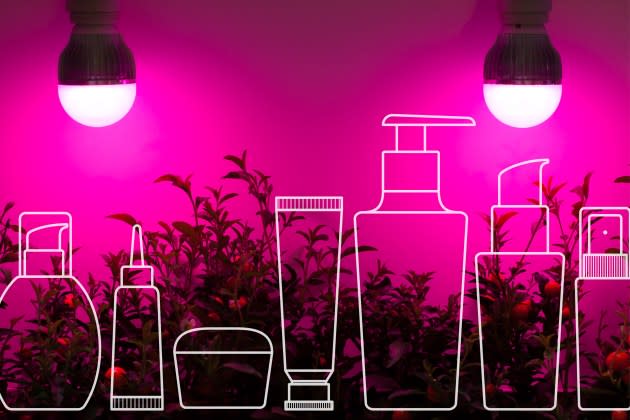
Call it a tale of two beauty brand incubators.
Amyris, a one-time biotech darling turned beauty brand incubator filed for Chapter 11 bankruptcy in early August and is now looking to off-load its consumer arm, having recently hired Intrepid Investment Bankers to court potential buyers.
More from WWD
Just weeks later, Ben Bennett’s Los Angeles-based The Center, which is backed by Prelude Growth Partners, sold skin care brand Naturium to E.l.f. Beauty for a whopping $355 million in one of the most talked about beauty deals of the year.
The Chapter 11 filing marked somewhat of a fall from grace for Amyris’ ousted chief executive officer John Melo, who used the company’s sustainable sugarcane-derived squalane ingredient to launch the skin care brand Biossance in 2015. Subsequently, he dove deeper into the celebrity world, debuting hair care with star stylist Jonathan Van Ness, makeup with Rosie Huntington-Whiteley and a menopause-oriented brand called Stripes with Naomi Watts. Another with David Beckham was said to be in the works.
The Center, meanwhile, launched in 2019 and in partnership with influencer Susan Yara incubated masstige brand Naturium, of which sales are slated to reach $90 million this year. Other brands in its stable include Saltair, a personal care brand created in collaboration with Iskra Lawrence, the U.S.-based British model and influencer; and skin care brand Prequel in partnership with board-certified medical and cosmetic dermatologist Samantha Ellis.
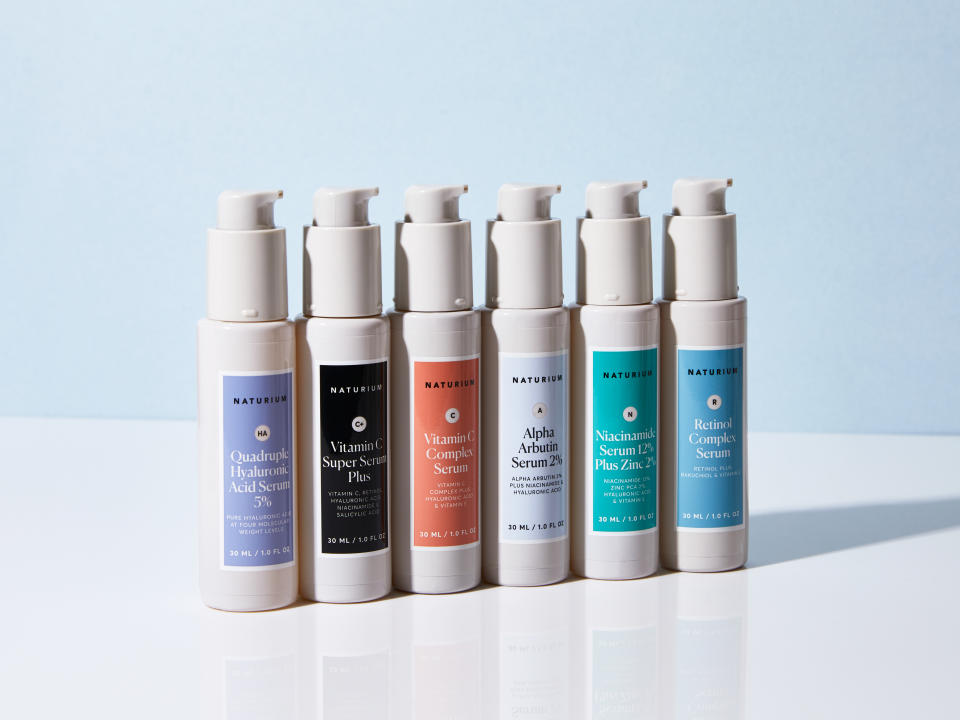
Naturium is understood to have always been profitable and while revenue of the seven brands that Amyris is trying to offload varies from $83 million for Biossance to under $1 million for Stripes, which launched earlier this year, none are profitable, according to sources and court filings.
So what can be learned from these examples of two very different outcomes when it comes to incubating brands?
Cassie Cowman, a cofounder of View from 32, a beauty consultancy that works with both founders and investors, noted that with such brand incubators, there’s always one brand that’s a lead horse and with it comes the temptation to reproduce.
“It’s just not that simple,” she said. “There’s not one formula that equals success that you can rinse and repeat. A brand is not a business school case study. Sometimes the brands that are created in these spaces feel very much like, OK, we’re hitting the key points, we’re hitting the key consumer, but the soul is missing and that is what builds community.”
Cowman added that when incubators bring new brands to market, which have high launch costs, incremental acquisition costs and require a unique strategy to drive that repeat purchase, every single dollar they spend to support those other brands is taken away from driving the brand that’s paying the bills for the company as a whole.
This was reflected in a lawsuit filed earlier last year by hair stylist and influencer Kristin Ess, who accused brand incubator Maesa of treating “the Kristin Ess Hair collection as a cash cow that can keep Maesa’s other, underperforming brands afloat.” The dispute has since been resolved, according to both parties.
In the case of Amyris, an industry source said: “Looking at it, you can see they launched too many things too quickly. Businesses aren’t built to be just launched. Businesses are built to be launched and then grow and then maintain and sustain. That’s where they were lacking.”
Indeed, since 2015 Amyris launched around 10 brands, and also acquired Onda Beauty, the clean beauty store cofounded by Watts. Most recently, Jane Fernandez, Onda’s president up until Amyris revealed its closure and Chapter 11 bankruptcy proceedings, has taken over Onda Beauty’s leases in Hampton Bays and TriBeCa.
In addition to incubating Naturium, The Center acquired Make Beauty in 2021 and fragrance line Phlur in 2021, but it only launched two other brands: Saltair and Prequel.
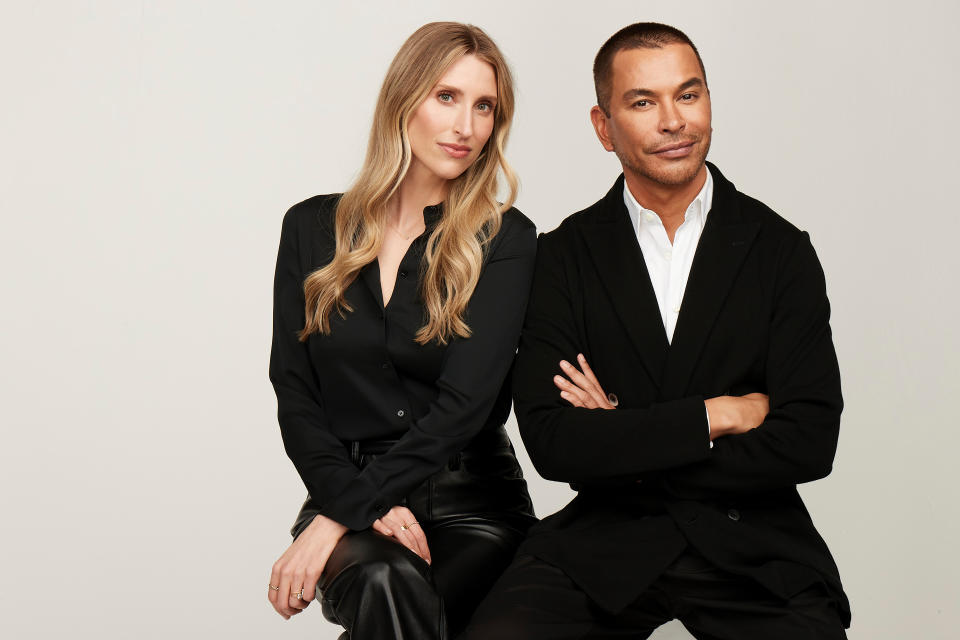
“They clearly knew that they had a winning brand there,” said Cowman of Naturium. “They were able to acknowledge we have a winner, let’s put our resources into driving this brand and not stretch ourselves too thin and launch more and more. A bit of discipline is important, which is sometimes the opposite of the concept of an incubator. It’s like more, more, more.”
Other sources stressed the importance of being lean when it comes to incubating brands. It’s understood that some Amyris brands were heavily staffed, while Naturium was a more nimble operation in this sense, with a team of around just 25, keeping expenses in check but delivering results at the same time.
And while industry sources told Beauty Inc that they believe Amyris had some good brands that were gaining traction, funds were perhaps too focused on some areas much more than others, namely marketing and P.R.
Take the no-doubt pricey first anniversary cocktail party and dinner Rose Inc. hosted during New York Fashion Week at tony West Village Italian restaurant Don Angie in September 2022, attended by the likes of models Taylor Hill and Coco Rocha. Notably absent was Huntington-Whiteley herself.
And according to sources, clean baby care brand Pipette spent $36 million annually just on new customer acquisition, for example, more than three times annual revenue.
Distribution is also key in the differences between the two companies, with a source telling Beauty Inc that Bennett, who previously cofounded Hatch, “comes out of the world where you effectively don’t launch a brand unless you have a real partner in distribution.” Hence Naturium’s exclusive retail partnership with Target, where it is now one of its fastest growing skin care brands.
“He understood that influencers can help you break through the noise, but at the same time, you also need a distribution partner that’s going to be with you, that’s going to support you disproportionately,” said the source.
Biossance made its debut in Sephora in 2017, with Amyris estimating at the time that the move would contribute to the company’s revenues more than doubling in 2017. JVN, Amyris’ best-performing celebrity brand, launched in all doors at Sephora in the U.S. and Canada, as has Rose Inc. and Stripes.
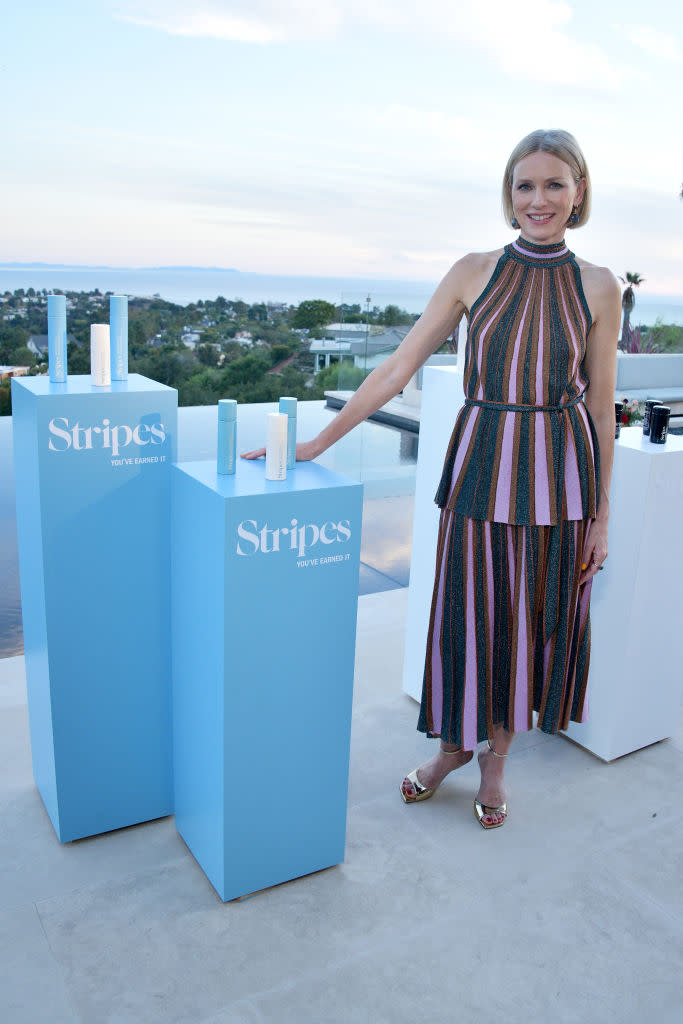
But Gen Z clean beauty brand Ecofabulous was shuttered in March after failing to make a splash in retail, while Amyris now plans to close Costa Brazil with former Calvin Klein designer Francisco Costa. The latter is stocked in Bluemercury and Nordstrom, but those volumes were unlikely close to matching sales generated by a partnership with Sephora or Target.
It’s also important to note that if a brand doesn’t have an exclusive partnership with a retailer then it won’t receive the support that it might have otherwise, leaving the brand in a position where it has to spend heavily on marketing, as well as having to pay out royalties to the celebrities in question.
Sephora, for example, is known to almost be in the trenches with some founders that they launch exclusively, consulting on everything from sales to marketing to events.
Then there’s the matter of celebrity brands, which can be tricky business.
Due to the celebrities’ large social media followings, there is usually much hype around these launches. But while it’s difficult to determine how many of these businesses fare after their initial buzzy debuts without hard sales numbers, the general consensus among experts is that beauty can be a tough market for celebrities to find long-lasting success.
Even stratospheric levels of fame — Lady Gaga, to name just one — is no guarantee that consumers will clamor for what is being peddled. After failing to make a splash, her makeup line switched lanes with a new name, Haus Labs, and a new partner, Sephora.
What’s more, tying your success to a handful of individuals can be a risky move. Just look at Forma Brands, the parent company of Morphe, Lipstick Queen and Jaclyn Hill’s Jaclyn Cosmetics, which aligned itself with the early makeup influencers Jeffree Star and James Charles. It later cut ties with both amid allegations of inappropriate behavior and this, combined with a number of other factors, weighed on the business, which eventually filed for Chapter 11 bankruptcy.
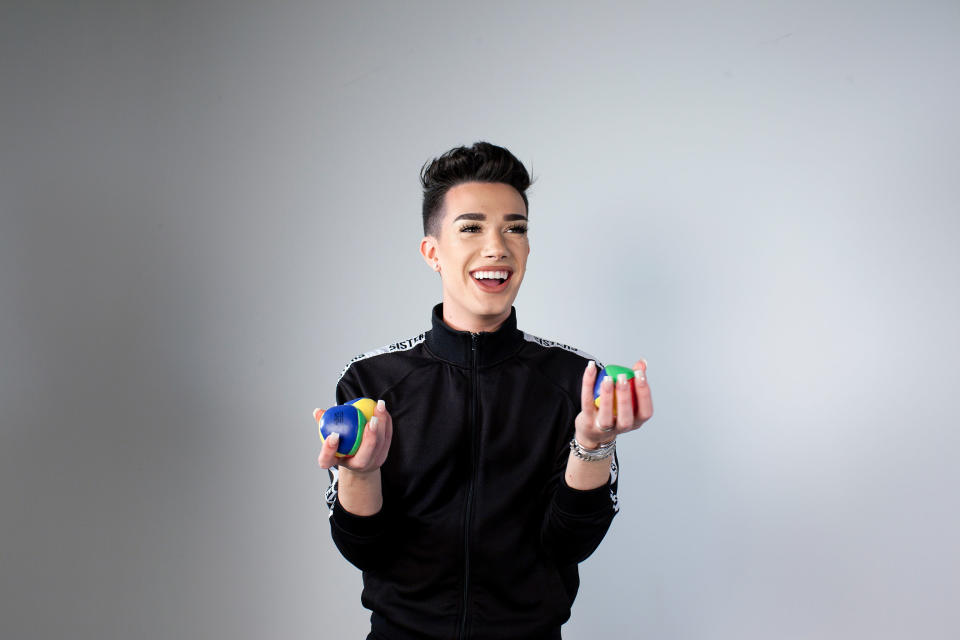
“The industry has gotten into moments where it was all about celebrity fragrances etc., but hanging businesses on the back of celebrities isn’t always a surefire way of guaranteed success,” said another industry source, who believes that Melo, who has a background in oil, was somewhat seduced by the celebrity world.
“Just because you’re a famous celebrity, whatever that means for you, it doesn’t immediately translate to guaranteed success on any business front. Consumers are much more savvy than that nowadays. They want products that perform and they want credibility, authenticity as well,” the source continued.
Lucie Greene, founder and CEO of consultancy Light Years, also noted that the celebrity beauty market in general has become saturated, with the average consumer now cynical about these launches. Against this backdrop, it is hard to predict which celebrities can succeed.
“There’s a big difference between celebrities that actually can move product and those that can’t and it really is very nuanced,” she said.
For Amyris, the cost of the gamble on these brands was high. Debt soared from $300 million in 2021 to more than $1 billion in 2023, forcing it to sell its license to certain cosmetic ingredients, including its sugarcane-derived squalane, an area where it had once made real waves, to Givaudan.
Granted, Naturium has not been all smooth sailing, getting off to a rocky start when Yara, who had promoted the brand on her channels, stoked online controversy when she became involved with the brand. Nevertheless, the brand remained strong despite the controversy and eventually secured its big payday from E.l.f.
As for Amyris, its future remains uncertain. Bankruptcy proceedings are underway, and for the brands, the picture is murky. Some, like Biossance and JVN, are expected to find a buyer, while others are said to be looking for independent financing or new backers. Those that aren’t acquired will head for the auction block.
What is certain that there won’t be any Amyris-sponsored cocktail parties during NYFW anytime soon.
Best of WWD

